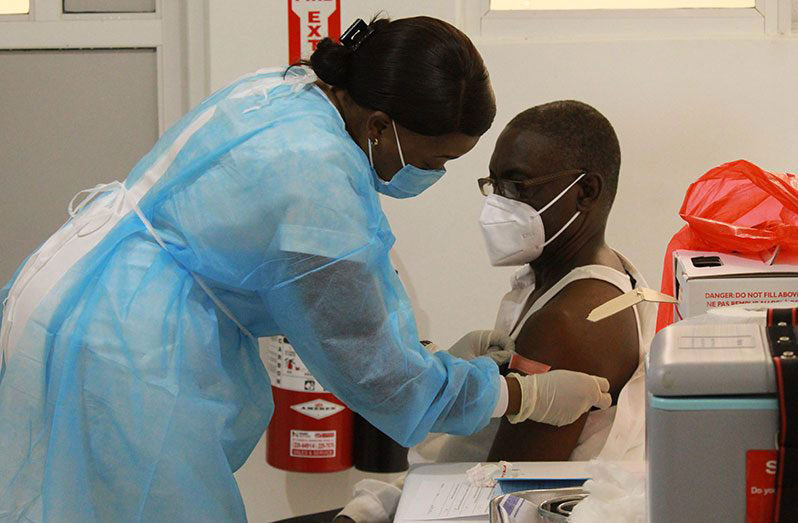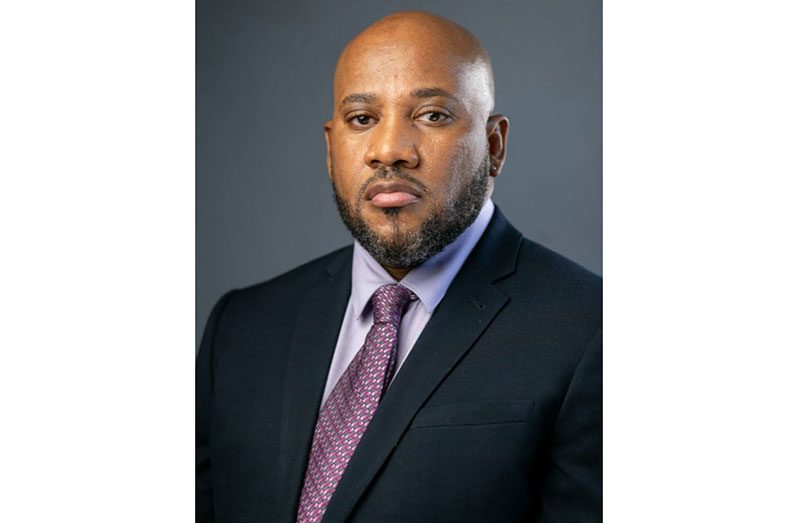SUPPORT groups or some form of support system is needed to help healthcare workers deal with the “psychological burden” that was brought on by the COVID-19 pandemic, according to clinical psychotherapist Shane Tull.
During a recent interview with the Guyana Chronicle, he said that those at the frontline would have felt the effects of the pandemic like everyone else, and as such will need support in getting their lives back on track.
He noted that “helpers” oftentimes forget to help themselves, hence the need for supportive measures for all those who were on the frontline.
“People in the helping profession are not very good at asking for help; we are great at giving help,” he said, adding that at the height of the pandemic, healthcare professionals and other frontline workers were asked to go above and beyond the call of duty in response to the national crisis.
“I believe that doctors and nurses and other mental health professionals were asked to do everything; all day, every day,” he said.
In a recently published documentary, the World Health Organisation (WHO) disclosed that working on the frontline of the pandemic, healthcare workers faced a wide range of psychological stressors, some of which can cause long-lasting effects on the well-being and mental health of workers and can also affect the quality and safety of the care they provide.

Additionally, at a recently held mental health workshop, it was revealed that healthcare workers in Guyana were burnt out, and despite the gradual reopening of the country and the decrease in COVID-19 cases, they are still dealing with the stresses that were brought on at the start of the pandemic.
The workshop, which was spearheaded by Tull, saw several healthcare workers sharing a space of confidence to vent about the stressors they would have faced in the fight to slow the spread of the highly contagious and deadly virus.
“This workshop was not about how you can take these skills and translate with your patient; this workshop was just about them,” he said, adding: “What came out was that they were very overworked; burnt out, but they were very committed to the work they were doing. And they were very grateful for a space where someone was telling them it’s okay to share; it’s okay to be angry [and/or] overwhelmed; it’s okay to be burnt out, and it’s also okay to ask for help.”
The outcome, he said, highlighted the need for a support system for healthcare workers as they continue to navigate the pandemic. Tull is hoping to host a similar workshop on a much wider scale, as well as to collaborate with the relevant authorities to address mental health among frontline workers in Guyana.
“It was really a support group. For two days, we did a lot of experiential exercises, and the reports have been overwhelming; it gives them this opportunity to feel a sense of validation, and to process what they have been dealing with for the past two years,” he said.



.jpg)









